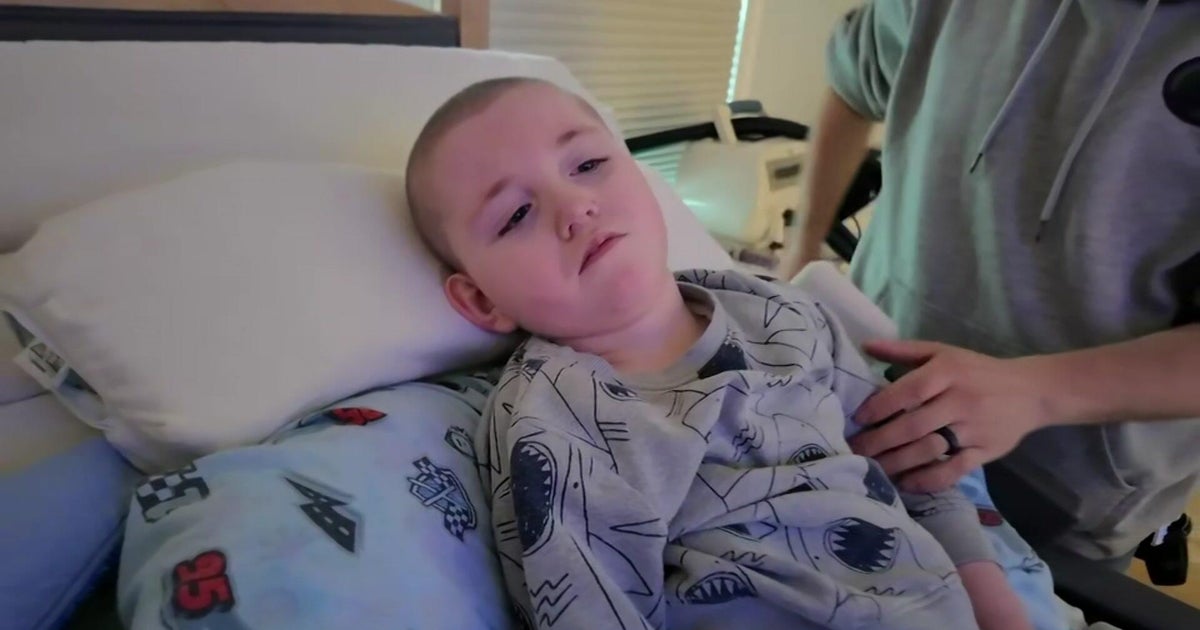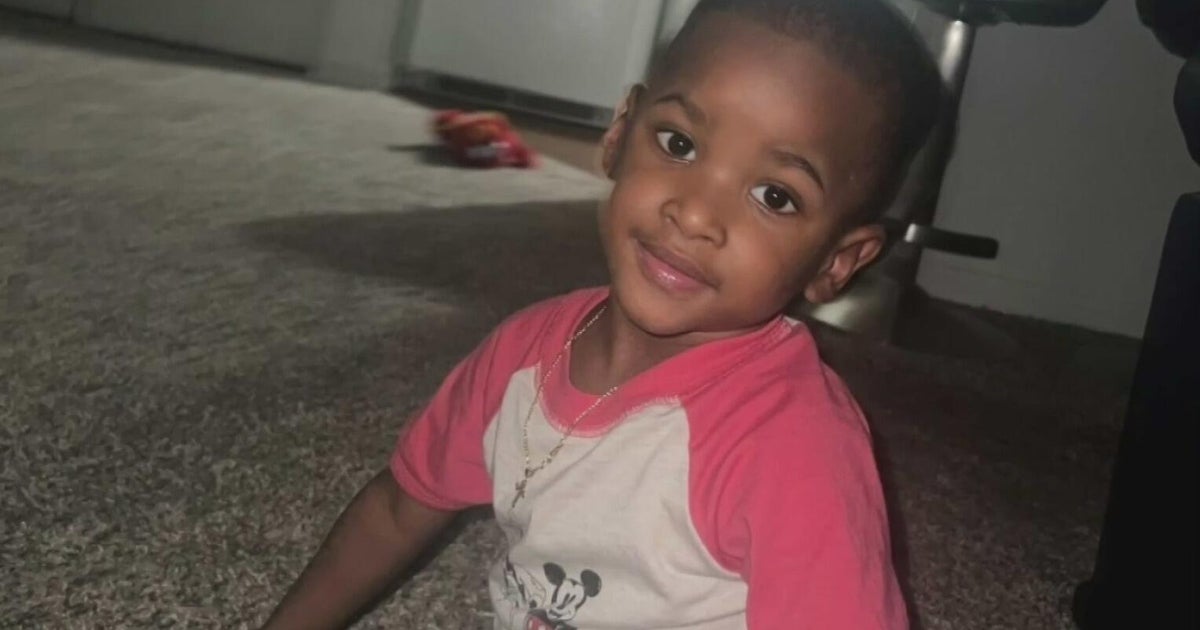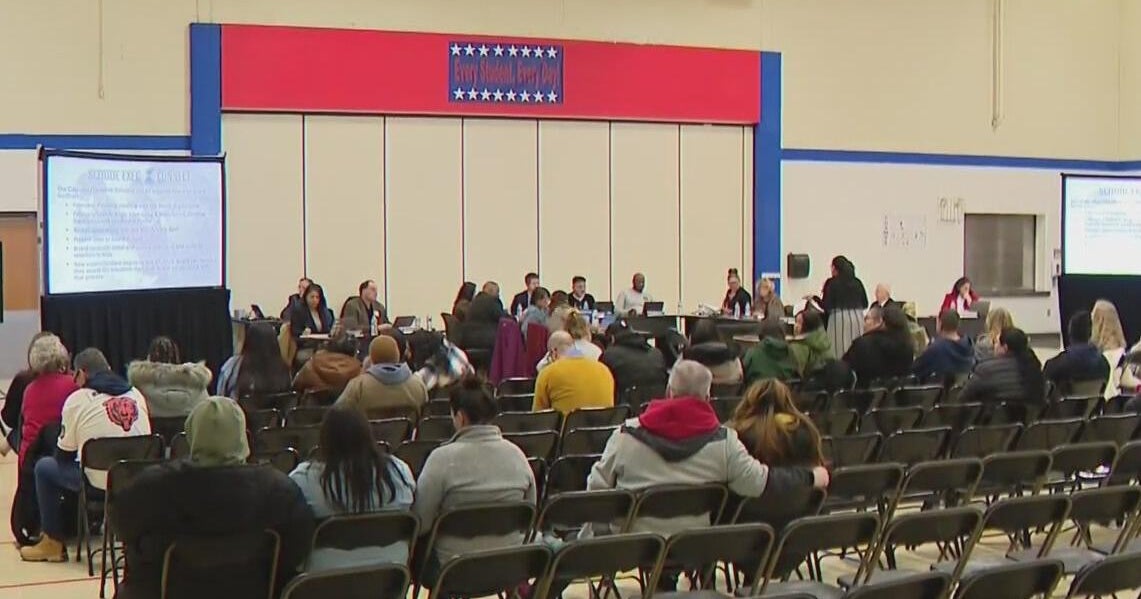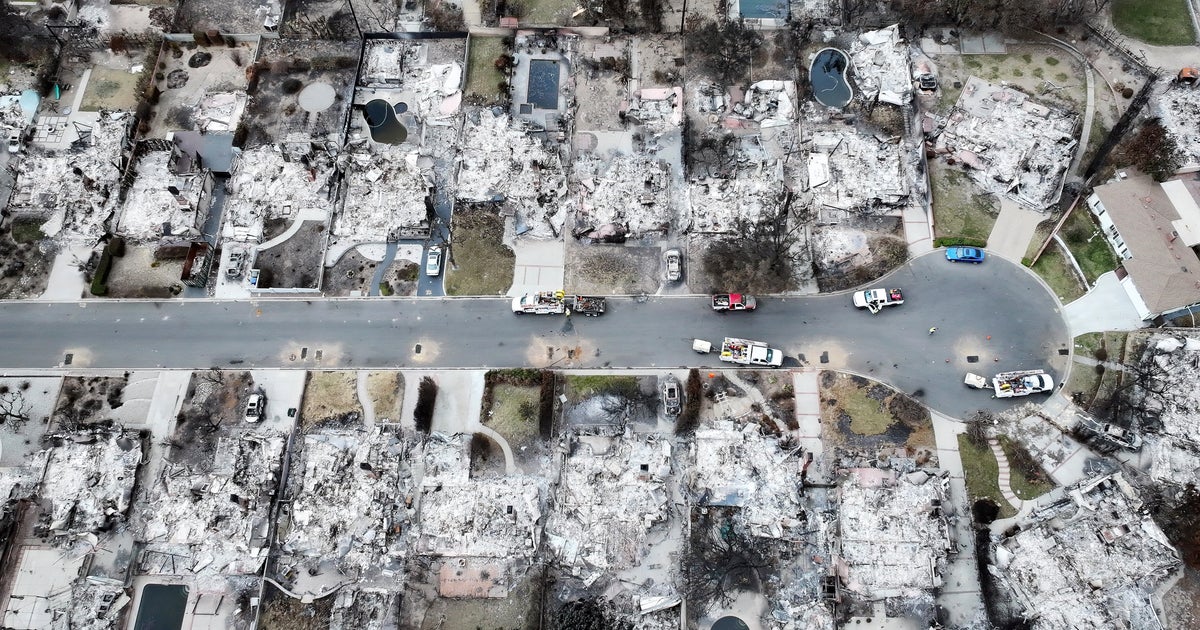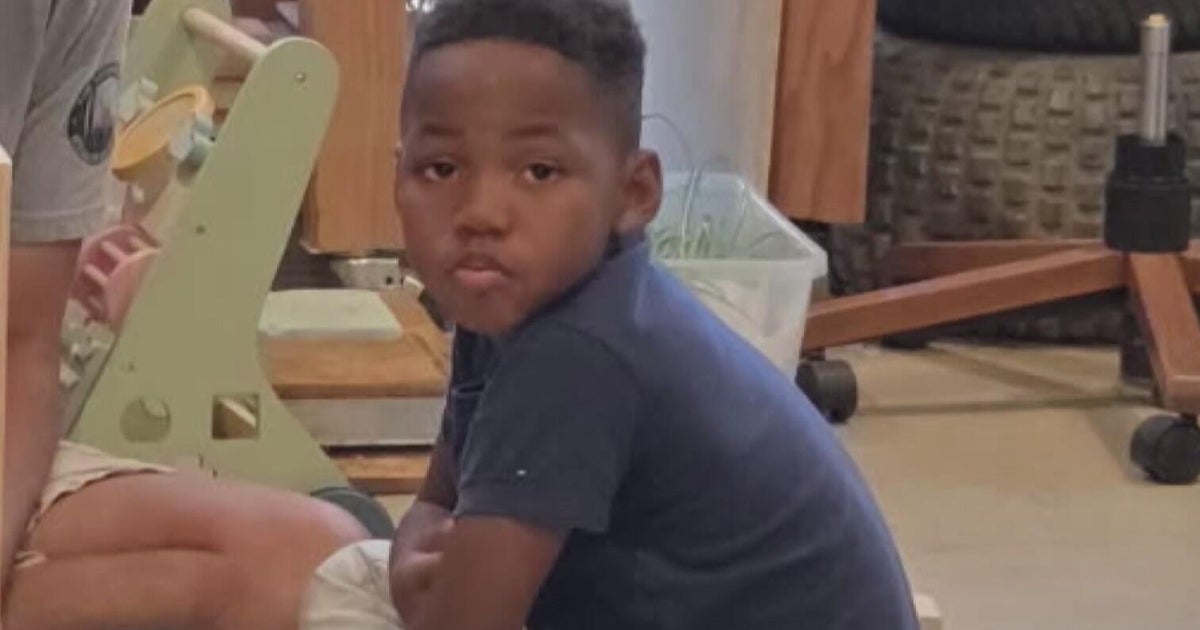Parents Of Children In Nursing Homes Wage Legal Battle
MIAMI (CBSMiami) - Zurale Cali, a Florida mother, is fighting to bring her special needs, 5-year-old son home from a place, she says, he should have never been placed: a nursing home.
Now, she and hundreds of other families in a similar situation have filed a class-action lawsuit against the state in hopes of receiving the proper home care they say their children deserve: 24-hour nursing care at home.
In addition to caring for the frail and aging, a handful of Florida nursing homes also house medically fragile children. Some of them were born with medical conditions, while others were left severely injured after an accident.
Attorney Matt Dietz is leading the legal team representing more than 250 children including Andi Cali suing the state of Florida for unnecessarily institutionalizing the children. Doctors say Andi needs 24-7 care to stay alive and the state says he can only get it --in a nursing home. If he's cared for at home, the state would provide only a fraction of the needed nursing care. On average Medicare pays nursing homes as much as 500 a night per child.
"Nursing homes are not made for children. A parent should not have a gun placed to their head. Take less care or your child's going to go into a nursing home," Dietz told Gillen.
Cali's son Andi nearly drowned during a bath as a baby. The accident left Andi with brain damage and neurologically devastated. He breathes with the help of a ventilator. Cali's mother feels her little boy is trapped living in a Tampa nursing home.
CBS4 News Chief Investigative Reporter Michele Gillen asked Cali, "Do you believe he should be living in a nursing home?"
"No. Never, never, never," Cali said wiping away tears.
Cali says that for 3 years, she has been begging the state to let her to take her child home and care for him with his family.
She's not alone. Many experts echo her sentiments.
Marjorie Evans is CEO and founder of Broward Children's Center, a one-of-its-kind facility in the state that cares for medically fragile children. The program is designed to aggressively help them improve so they can return to their families or group homes.
Gillen asked Evans, "What breaks your heart when you go to bed at night?"
"It breaks my heart the children can go into a nursing home at three or 4 months old and come out at 85, if there's no intervention," Evans said.
Gillen asked Evans, "Putting a child into a nursing home to you, is akin to what?"
Evans replied, "Oh, it's a life sentence."
Dietz agrees.
"Children should not be in nursing homes," Dietz said. "We have come so far to go back to a time when children are institutionalized and warehoused like goods."
Dietz says without proper intervention and in-depth therapies children have little chance of advancing -- of ever getting out of the nursing home.
"They graduate from being in the pediatric ward to the adult ward and they never leave," Dietz said.
At the nursing home where Andi lives, his mother fills in the gaps. Andi can't move his arms, fingers or legs on his own. His mother said her son receives 35 minutes of physical therapy one time a week.
So his mother is constantly massaging his muscles to prevent his limbs from atrophying.
An hour drive away, the rest of Andy's family awaits him.
They've prepared a special room, with a heavenly touch, outfitting the house for his wheelchair, hoping he will come home.
"I am going to be thankful in my heart forever," his mother said of the day her son comes home.
But on most nights, Cali leaves him behind with a gut wrenching feeling as she prepares to leave him overnight in the nursing home. She places an angel in his arms and takes with her a prayer that he will be safe until her return.
CBS4 News reached out to all parties named in the lawsuit including the Florida Department of Health and the Florida Agency for Healthcare Administration.
All have declined to comment citing pending litigation.
CBS4 News has learned that the Department of Justice is investigating whether the housing of the children in nursing homes is a violation of their civil rights.
